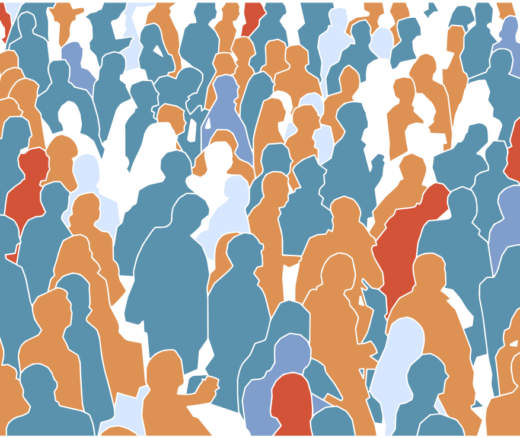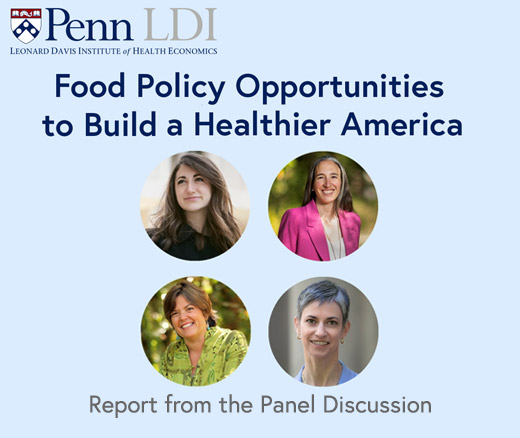
Loss of Vital Monitoring System Threatens Nation’s Health
Without Pressure From Congress, NHANES — Which Helped Uncover High Levels of Childhood Lead, Nutritional Deficiencies, and Forever Chemicals — Will Cease to Exist
Population Health
Blog Post
Parents of young children have experienced high levels of stress during the COVID-19 pandemic as they juggled childcare shortages, disruptions of support networks, and delays in vaccine availability for children under 5. These impacts were particularly severe for families with fewer economic resources, who were more likely to be affected by the pandemic overall. The effects of such stress may be long-lasting, as parental stress is a well-established risk factor for adverse child health outcomes ranging from behavioral problems to diet and physical activity.
A pandemic isn’t necessary for parents to feel chronic stress, though, as many other social determinants play a role in families’ overall health and wellbeing. We wondered how neighborhood social factors affect parental stress. Prior research linked a more positive social environment—one where people feel connected to each other and are willing to help one another and where community members feel safe—to better health outcomes, including longer sleep duration, lower blood pressure, and less depressive symptoms. But little is known about how the social environment affects parental stress levels.
To shed some light on this issue, our team surveyed 300 low-income mothers and caregivers of preschool-aged children in Philadelphia on their stress levels and their views of their neighborhood social environment. We focused on young children (ages 2-4) because of the importance of the early childhood period to child development and future health. We assessed mothers’ perceptions of safety and collective efficacy, which measures trust between neighbors and willingness to help one another for the good of the neighborhood.
As we reported recently in Academic Pediatrics, we found that mothers who perceived their neighborhoods as safer had lower stress, as did mothers who perceived their neighborhood as having higher collective efficacy. However, actual crime rates were not linked to different levels of stress.
If neighborhood environment can impact parental stress, what can be done given the burden of stress on parents? Although we may not think of neighborhood social environments as easy to change, there are policies that can improve the public spaces where neighbors interact. For example, transforming vacant lots into maintained greenspaces has been shown to both increase perceived safety among neighbors and increase their use of outdoor public spaces for socializing. Health systems could also partner with community-based organizations to increase community investments. Future research should investigate the impact of new interventions to improve the neighborhood social environment and measure impact on parental stress.
The study, Association of Neighborhood Social Context and Perceived Stress Among Mothers of Young Children, was published on March 25, 2022, in Academic Pediatrics. Authors include Stephanie L. Mayne, Gabrielle DiFiore, Chloe Hannan, Senbagam Virudachalam, Karen Glanz, and Alexander G. Fiks.


Without Pressure From Congress, NHANES — Which Helped Uncover High Levels of Childhood Lead, Nutritional Deficiencies, and Forever Chemicals — Will Cease to Exist

A Multi-State Study Finds That Parents Often Travel 60+ Miles—With Distance, Insurance, and Race Driving Gaps in Maternal Care

Cheaper Housing Could be a Way to Lower Hospitalizations Among Medicaid Patients with Heart Failure

Pa.’s New Bipartisan Tax Credit is Designed to be Simple and Refundable – Reflecting Core Points From Penn LDI Researchers Who Briefed State Leaders

Announcing Bold New Goals While Crippling the Infrastructure Needed to Achieve Them

Promising New Evidence and What’s Next